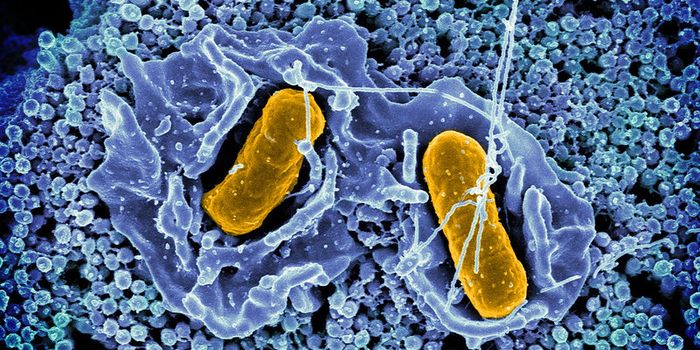Different kinds of olive oil contain different types of nutrients, and now scientists have reason to believe that the fatty acids in grapeseed oil are more heart-healthy than those in other products like olive oil.
From The Ohio State University, scientists have showed how the linoleic acid present in grapeseed oil has a stronger association with healthy characteristics than the oleic acid in olive oil:
- Lean body mass
- Less inflammation
- Lower likelihood of insulin resistance
These characteristics are linked to a decreased risk of heart disease and diabetes. Plus, for elderly people, an increase in lean body mass means the promise of a longer and fuller life. The Ohio State University team used data from a previous study of 139 people, looking at lineolic levels in the blood in addition to watching for insulin resistance and inflammatory markers associated with disease.
Although the connection seems clear, finding oils with a large percentage of linoleic acid is difficult due to high cost and low availability because of an industry preference for oleic acid use. Although oils with oleic acid have the ability to reduce inflammation too, they do not have the same relationship to body composition or lowering diabetes risk.
The tendency to prefer oleic acid by the industry stems from the recent push against trans fats. Despite its large profile of health benefits, lineolic acid is more likely then oleic acid to transition into trans fat when it is hydrogenated to be included in processed foods. Now, lineolic acid constitutes less than twenty percent of fatty acids in most oils.
Source:
Ohio State University









